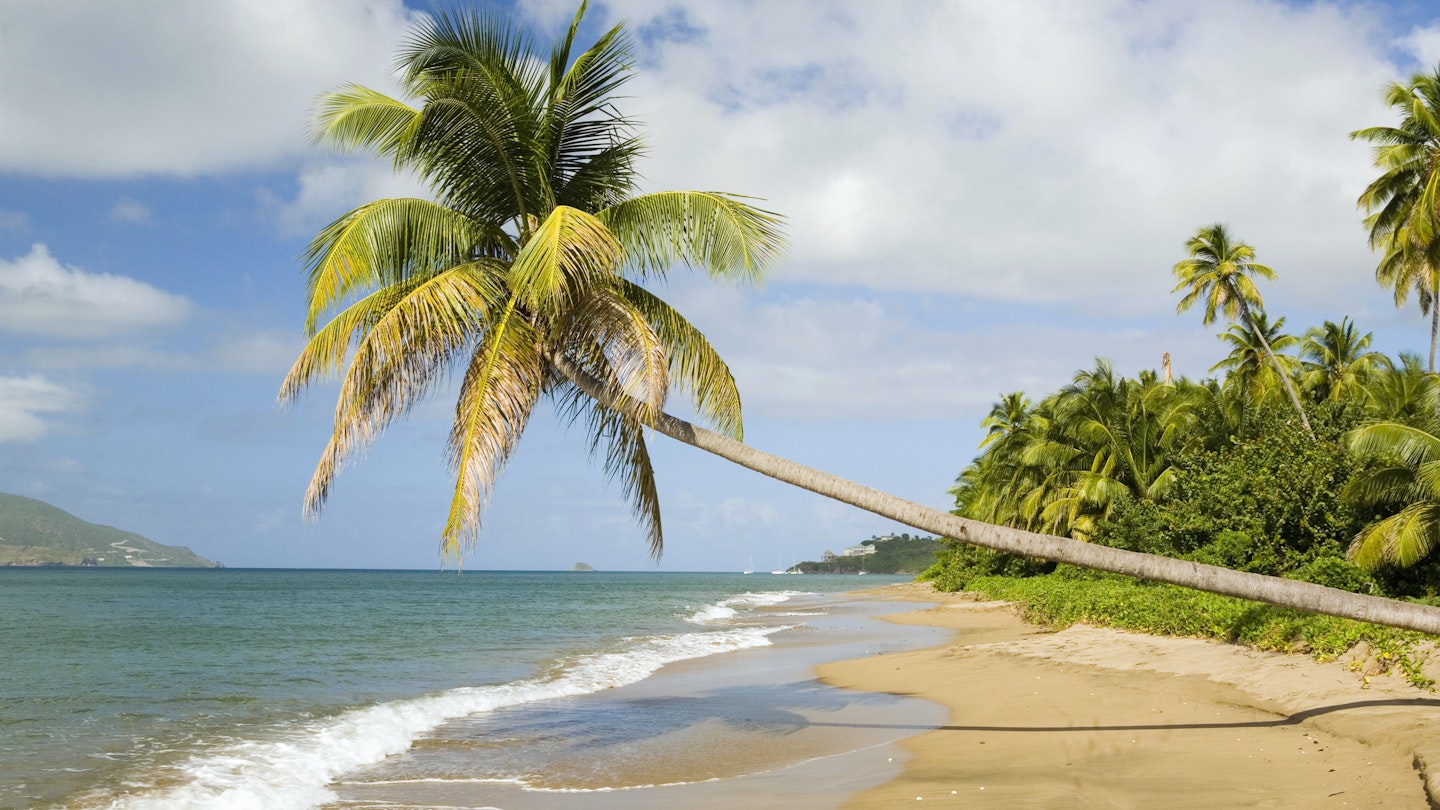Understanding the No-Swearing Law in St Kitts and Nevis
The dual-island nation of St Kitts and Nevis makes for an undeniably gorgeous and mellow Caribbean getaway. While visitors to any foreign country should always be respectful, on these islands, nestled among lush landscapes and beautiful beaches, extra caution is necessary. Public profanity is an enforceable offense—an aspect of local culture that surprises many newcomers.
A Unique Cultural Norm
It’s difficult to imagine such a strict law in such a laid-back environment; however, the no-swearing law in St Kitts and Nevis is taken seriously. During a scenic drive from the airport to the ferry port in St. Kitts, a local driver emphasizes two crucial expectations for visitors: “Never wear army camouflage—it’s reserved for the military, and do not curse in public.”
Though it may seem like an outdated regulation, the reality is that using profanities in public places can invite hefty fines or even jail time. This serious approach to swearing is deeply rooted in the islands’ religion and conservative culture, reflecting the historical contexts from the period of colonization.

A Brief History of St Kitts and Nevis
In 1493, Christopher Columbus became the first European to set eyes on St Kitts during his journey to the New World. At that time, St Kitts was occupied by the indigenous Carib people, who referred to it as Liamuiga, meaning ‘fertile land’. When the British and French colonized the islands 130 years later, they decimated the Carib population and enslaved Africans to work on sugar plantations, many of which have now transformed into hotels. The enslaved people were introduced to Christianity, which remains the major religion today.

Public Swearing: An Overview of the Law
According to Inspector James Stephen of the Nevis Police Department, the law against swearing in public has existed since 1961, with some amendments over the years. The current regulation outlines that any individual using abusive, blasphemous, indecent, or threatening language in public could find themselves in legal trouble. Essentially, any disruption or annoyance caused to the public by inappropriate language can be subject to punishment.
Defining Taboo Words
When engaging with locals, you may find varying opinions on which words are unequivocally offensive. While some consider mild terms like “hell” or “damn” problematic, others suggest only more explicit language could lead to legal issues. Ultimately, common words, especially those considered vulgar, tend to be less tolerated.
Understanding the Punishments
It’s essential to note that this law primarily concerns public spaces where language may disturb the peace. Consequently, the best-case scenario could involve a fine of 500 Caribbean Dollars (approximately $185 USD). However, in extreme cases, individuals may face arrest and up to six months of imprisonment, necessitating a court appearance.
Tourists may want to think twice before assuming the law doesn’t apply to them. Ignorance of local laws is not an effective defense, and visitors may have their passports held until any necessary proceedings conclude.
Celebrities and the Law’s Reach
The notable case of rapper 50 Cent, who faced arrest in 2016 for inappropriate language during a performance, highlights the law’s application to everyone, regardless of status. He was barred from leaving until his court date, paying a fine of $1100 after his release on bail. Similarly, rapper DMX experienced legal consequences for swearing publicly in St Kitts in 2003.
However, do not let the strict language laws deter you from planning a visit; both islands offer a relaxed, friendly atmosphere, making them excellent alternatives to some of the Caribbean’s more over-touristed locales. While there, consider zipping through the rainforest, hiking a volcano, soaking in natural hot springs, or simply enjoying the stunning coastal views.
Inspector Stephen’s simple advice for tourists? Adhere to local laws—keeping it respectful is the key to a trouble-free experience.





